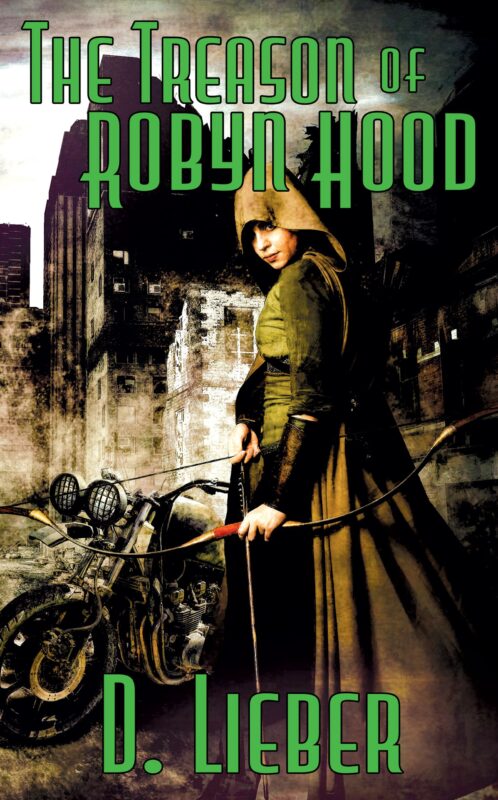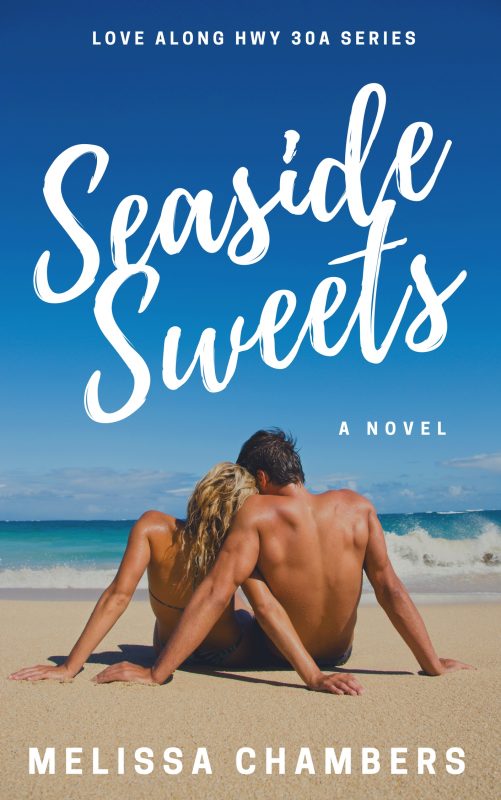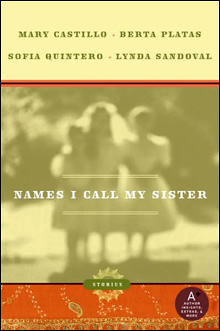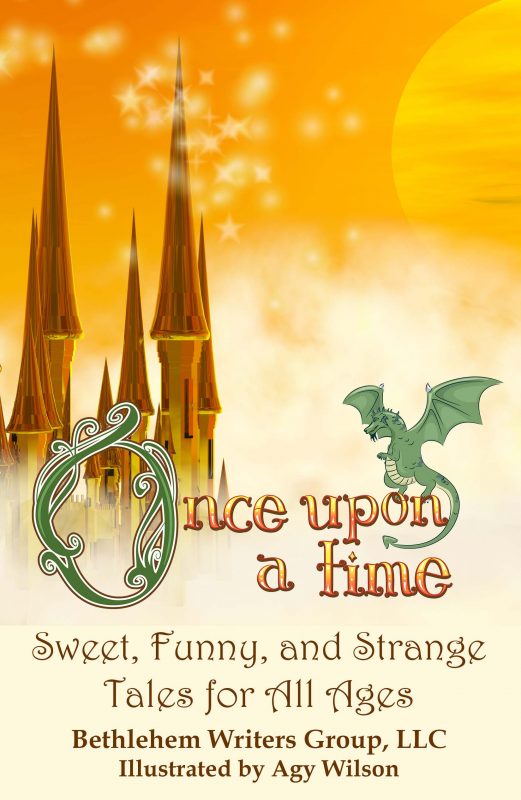Self-brainwashing…
June 24, 2017 by Isabel Swift in category From Isabel Swift tagged as brainwashing, Isabel Swift, noise, silence
I know, most of America drives around in their own cars, but those city dwellers who find themselves in the back seat of a taxi or other hired conveyance may sympathize with the situation. Many people that drive for a living have the radio on: talk radio, music, endless news, NPR. I have to confess, I am a big advocate for silence, and feel there should be a bi-partisan movement for the right to not have to listen to stuff (on airplanes, in elevators, in malls, etc.).
Sure, I could get (and indeed have) earphones. But I don’t want to block out the world, I want to hear it, just not endless marketing jabber or musak or whatever. But I am particularly unhappy with having to listen to endless news or much of talk radio. There are a few talk radio stations whose goal is to be entertaining or informative. But most lure their listeners in with conflict, outrage, fear, danger, scary information, etc. like a fish with a dangler lure….

These kinds of shows—TV, radio, whatever—wind listener’s clocks, pull their chain, and give them some frisson of energy, hate, fear, anger, which seems to be far more addictive and universal (clearly part of one’s “lizard brain“) than a feeling of peace, happiness, learning or engagement. It exhausts me to listen to the streams of exhaust! And I don’t have adequate shields to effectively block out noise. Yes, I freely confess, I can’t pack with the TV on. It’s just too distracting.
Propaganda works if you hear information over and over again, it wears away at your critical faculty (if you have one). It’s convincing, even it it’s patently untrue and utterly ridiculous. If you see it, hear it, read it, talk about it it gets truthified through endless repetition. So I now not only ask the drivers to turn off the radio, but tell them to stop listening to this endless, depressing stream of fairly useless information. It isn’t good for their outlook on life.
It’s all a creepy, voluntary self-brainwashing.
I now feel much more charitable towards endless sports! But really, they should be reading romances….
0 0 Read moreRomance Writer’s “Research”
May 30, 2017 by A Slice of Orange in category From Isabel Swift tagged as Isabel Swift, romance, writing Can we address the absurd queries about romance authors doing “research,” nudge, nudge, wink, wink? Does anyone ask mystery or horror writers how many people they had to disembowel before they could write their story? I don’t think so.
Can we address the absurd queries about romance authors doing “research,” nudge, nudge, wink, wink? Does anyone ask mystery or horror writers how many people they had to disembowel before they could write their story? I don’t think so.
(And of course, there is the fact that if they answered, they’d have to kill you).
It’s also delightfully contradictory, as others often accuse romances as being utterly unrealistic stories–that also apparently must be based on personal experience. Hmmmm. You must choose one or the other, but you really can’t have both those complaints simultaneously.
There is a dictum: write what you know, but luckily, it’s not a requirement.
Write what you can imagine.
Write what you think about, care about, fantasize about, dream about.
Write to explore what you don’t fully understand.
Write to open minds, to touch hearts.
It’s called fiction because you make it up…
1 0 Read moreZombies!
September 24, 2016 by Isabel Swift in category From Isabel Swift tagged as Isabel SwiftYou know how myths and legends are actually early stage psychiatry?
They are stories that illustrate behaviors, offer life lessons and explore the dynamic between certain personalities. They demonstrate the impact of misunderstandings, the consequences of acting hastily and the importance of not dismissing people because they don’t meet your assessment of being a valuable player. They remind us of the need for courtesy to all (really, you just never know), and countless other helpful guideposts to better understand and survive in this complex world.
Jealous Hera, mischievous Loki, the old beggar woman asking for alms, the simple son, witches, goblins, vampires, werewolves, zombies….
Zombies! Yes, it sounds a bit ridiculous. Despite Haitan folklore, Vodou, Voodoo, or whatever spelling or incantation you choose—or even the possibility that the Undead do indeed walk—our present Zombie craze is highly stereotyped and stylized.
But you perhaps never thought of the Undead as a valuable life lesson—an accurate explanation of what life is actually like.
Think again.
It all starts innocently enough, you’re living your life, hanging out with your classmates, co-workers, colleagues, spending days, months, often years together, cordial, close, connected. You chat, share meals, share stories, share your life, your dreams, your experiences.
You think you are surrounded by humans, but all it takes is a change to clarify who in your group are the living dead—surviving off flesh or brains—and who are actually human. You graduate, your kids go to different schools, you move, you change jobs, you retire. Suddenly, you no longer have a brain or flesh worth eating—you have nothing to offer.
In fairness, you can’t stay friends with everyone & the drifting apart is often mutual, but it’s still an odd feeling to achieve invisibility with people you may have seen every day for years.
Retirement may be the most challenging adjustment, as other changes often just trade one group of the Undead for another. Opting out of the workforce can often eliminate your usefulness to others quite dramatically. Suddenly, you have nothing worth eating….
Visiting the old workplace you realize you are a ghost in the machine—invisible to most. Though it can sometimes be quite surprising who you are visible to, and to whom you have disappeared.
Just like in a Zombie film the humans are often not the ones you would expect.
0 0 Read moreIt’s easy to criticize
August 24, 2016 by A Slice of Orange in category Columns tagged as Isabel Swift Judge something on its own merits/demerits: don’t blame the peacock for its tail or wish it were a chicken and provided eggs.
Isabel Swift
Criticism…
May 24, 2016 by A Slice of Orange in category Columns tagged as Isabel SwiftI just read Anthony Lane’s 5/16/16 review of “Captain America: Civil War” and “The Lobster” in The New Yorker. And, to semi-quote Peter Finch in Network, I really just can’t take it anymore!
Clearly, Mr Lane has not gotten the excellent advice a friend gave me in college when I asked him (a little desperately): “What do you say when a friend asks you to read something they wrote and tell them what you think? What if you didn’t like it? Do you risk the truth? Or lie for the sake of the friendship?”
I’m not comfortable with a polite lie; it seems to denigrate the friendship. Yet very few really want to hear the unvarnished truth about something they have created, labored over and are taking the risk of sharing with you.
What do you say?
The advice, which I have internalized in assessing all creative work was: “Liking or not liking is not at issue. When you read something, think about what the creator was trying to accomplish. Did they achieve their goal?”
This opened a door to looking at any material and considering it in its own right. Not against my personal opinion, but against itself, and if I have the background, in its context.
I would always laugh (quietly) when people would comment on series romances and say: “Well, it’s hardly literature!” And I would think Why are you making this absurd comparison? Neither is The New York Times, but you probably read it every day. Assess something in its own right, or against its peers, in its own context.
Of course everyone is entitled to their personal taste: I like this, I don’t like that. I don’t even have to have a reason. But that doesn’t require any critical faculties or judgment, really. It’s just your feeling, your opinion.
True criticism, in my opinion, is to put aside your personal tastes, your possibly narrow and judgmental vision of what is ‘proper’ or ‘acceptable’ or ‘intellectually validated’ and open your mind and heart to what the work itself is trying to achieve, how it relates to the history of material trying to achieve similar goals, and how it may succeed, fail, or break new ground.
Mr Lane seems deeply respectful of the surreal, science fiction and absurdist vision of “The Lobster,” but childishly, rudely dismissive and disrespectful of an comic-book based action adventure film (which, full disclosure, I very much enjoyed).
I realize that many critics and their readers delight in creating a polarized world of Good and Bad, but it lacks humanity, offers little insight, and seems…well, small.
0 0 Read moreAffiliate Links
A Slice of Orange is an affiliate with some of the booksellers listed on this website, including Barnes & Nobel, Books A Million, iBooks, Kobo, and Smashwords. This means A Slice of Orange may earn a small advertising fee from sales made through the links used on this website. There are reminders of these affiliate links on the pages for individual books.
Search A Slice of Orange
Find a Column
Archives
Featured Books
SEASIDE SWEETS
After her ex runs up her credit card, clears her bank account, and gets her fired, Seanna escapes to Seaside, Florida where the men are hot as the Gulf Coast sun…one in particular.
More info →NAMES I CALL MY SISTER
Four stories of sisterhood—the bonds, the wars, the frustrations, the love—seasoned with hot Latin spice!
More info →ONCE UPON A TIME: Sweet, Funny, and Strange Tales for All Ages
Step through our castle doors into a world of imagination!
More info →ILONA’S WOLF
Imagine a world filled with magic, a tormented knight, a damsel in distress, an evil sorcerer...
More info →Newsletter
Contributing Authors
Search A Slice of Orange
Find a Column
Archives
Authors in the Bookstore
- A. E. Decker
- A. J. Scudiere
- A.J. Sidransky
- Abby Collette
- Alanna Lucus
- Albert Marrin
- Alice Duncan
- Alina K. Field
- Alison Green Myers
- Andi Lawrencovna
- Andrew C Raiford
- Angela Pryce
- Aviva Vaughn
- Barbara Ankrum
- Bethlehem Writers Group, LLC
- Carol L. Wright
- Celeste Barclay
- Christina Alexandra
- Christopher D. Ochs
- Claire Davon
- Claire Naden
- Courtnee Turner Hoyle
- Courtney Annicchiarico
- D. Lieber
- Daniel V. Meier Jr.
- Debra Dixon
- Debra H. Goldstein
- Debra Holland
- Dee Ann Palmer
- Denise M. Colby
- Diane Benefiel
- Diane Sismour
- Dianna Sinovic
- DT Krippene
- E.B. Dawson
- Emilie Dallaire
- Emily Brightwell
- Emily PW Murphy
- Fae Rowen
- Faith L. Justice
- Frances Amati
- Geralyn Corcillo
- Glynnis Campbell
- Greg Jolley
- H. O. Charles
- Jaclyn Roché
- Jacqueline Diamond
- Janet Lynn and Will Zeilinger
- Jaya Mehta
- Jeff Baird
- Jenna Barwin
- Jenne Kern
- Jennifer D. Bokal
- Jennifer Lyon
- Jerome W. McFadden
- Jill Piscitello
- Jina Bacarr
- Jo A. Hiestand
- Jodi Bogert
- Jolina Petersheim
- Jonathan Maberry
- Joy Allyson
- Judy Duarte
- Justin Murphy
- Justine Davis
- Kat Martin
- Kidd Wadsworth
- Kitty Bucholtz
- Kristy Tate
- Larry Deibert
- Larry Hamilton
- Laura Drake
- Laurie Stevens
- Leslie Knowles
- Li-Ying Lundquist
- Linda Carroll-Bradd
- Linda Lappin
- Linda McLaughlin
- Linda O. Johnston
- Lisa Preston
- Lolo Paige
- Loran Holt
- Lynette M. Burrows
- Lyssa Kay Adams
- Madeline Ash
- Margarita Engle
- Marguerite Quantaine
- Marianne H. Donley
- Mary Castillo
- Maureen Klovers
- Megan Haskell
- Melanie Waterbury
- Melisa Rivero
- Melissa Chambers
- Melodie Winawer
- Meriam Wilhelm
- Mikel J. Wilson
- Mindy Neff
- Monica McCabe
- Nancy Brashear
- Neetu Malik
- Nikki Prince
- Once Upon Anthologies
- Paula Gail Benson
- Penny Reid
- Peter Barbour
- Priscilla Oliveras
- R. H. Kohno
- Rachel Hailey
- Ralph Hieb
- Ramcy Diek
- Ransom Stephens
- Rebecca Forster
- Renae Wrich
- Roxy Matthews
- Ryder Hunte Clancy
- Sally Paradysz
- Sheila Colón-Bagley
- Simone de Muñoz
- Sophie Barnes
- Susan Kaye Quinn
- Susan Lynn Meyer
- Susan Squires
- T. D. Fox
- Tara C. Allred
- Tara Lain
- Tari Lynn Jewett
- Terri Osburn
- Tracy Reed
- Vera Jane Cook
- Vicki Crum
- Writing Something Romantic
Affiliate Links
A Slice of Orange is an affiliate with some of the booksellers listed on this website, including Barnes & Nobel, Books A Million, iBooks, Kobo, and Smashwords. This means A Slice of Orange may earn a small advertising fee from sales made through the links used on this website. There are reminders of these affiliate links on the pages for individual books.










































